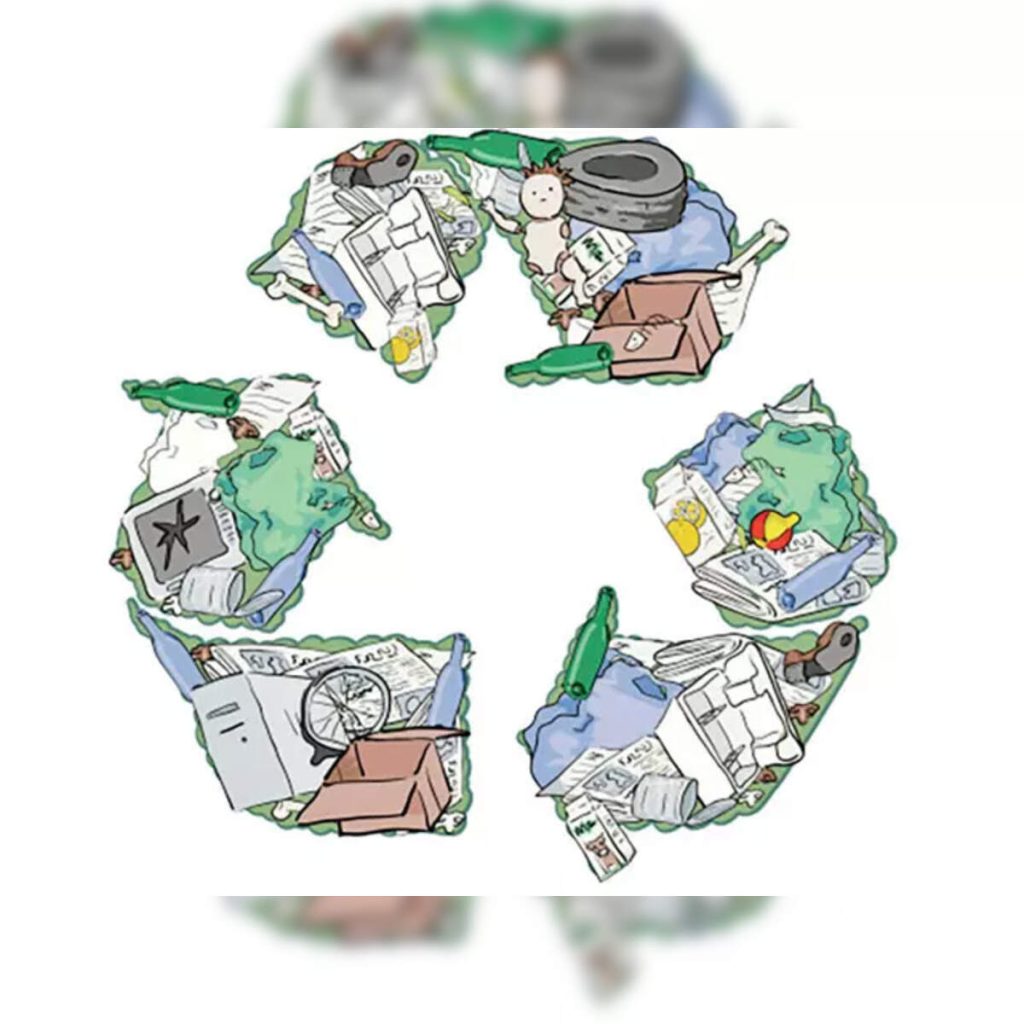Spending time outdoors is a great way to connect with nature and enjoy the beauty of the world around us. However, it’s important to remember that the actions we take during our outdoor activities can have a significant impact on the environment. With the growing concern over pollution and climate change, it’s more important than ever to be mindful of how we interact with the natural world and work towards reducing our carbon footprint.
One of the most effective ways to do this is by practicing recycling and waste reduction during our outdoor adventures. Whether you’re hiking, camping, or simply enjoying a picnic in the park, there are simple steps you can take to minimize your impact on the environment and help create a more sustainable future.
Here are some tips on how to recycle and reduce waste during outdoor activities:
1. Plan ahead: Before heading out on your outdoor adventure, take some time to plan and prepare. Consider what items you will need and how you can minimize waste. Opt for reusable items such as water bottles, food containers, and utensils, rather than disposable ones. Pack a reusable bag to collect any trash you generate along the way.
2. Use biodegradable products: When choosing products for your outdoor activities, opt for items that are biodegradable and eco-friendly. This includes items such as biodegradable camping toilet paper, bamboo utensils, and natural cleaning products. By choosing these products, you can reduce the amount of waste that ends up in landfills and minimize your environmental impact.
3. Practice Leave No Trace principles: When spending time outdoors, it’s important to follow the principles of Leave No Trace. This means leaving the natural environment as you found it and minimizing your impact on the ecosystem. Avoid picking flowers, disturbing wildlife, or leaving behind trash. Pack out all trash and dispose of it properly when you return home.
4. Recycle whenever possible: When enjoying outdoor activities, be sure to recycle any items that can be recycled. Look for recycling bins at parks, campgrounds, and hiking trails, and separate your recyclables from your trash. This can help reduce the amount of waste that ends up in landfills and conserve valuable resources.
5. Compost organic waste: If you generate organic waste during your outdoor activities, such as food scraps or paper products, consider composting them. Many campgrounds and parks have composting facilities available for visitors to use. By composting your organic waste, you can reduce greenhouse gas emissions and create nutrient-rich soil for plants to thrive.
6. Reduce single-use plastics: Plastic pollution is a major environmental issue that poses a threat to wildlife and ecosystems. To help combat this, it’s important to reduce your use of single-use plastics during outdoor activities. Instead of plastic water bottles, use a refillable water bottle. Avoid plastic bags and choose reusable containers and bags instead. By reducing your use of single-use plastics, you can help protect the environment and support a more sustainable future.
7. Participate in clean-up efforts: One of the best ways to make a positive impact on the environment during your outdoor activities is to participate in clean-up efforts. Join organized clean-up events in your community or take the initiative to pick up trash you see along the trail. By taking action to clean up litter and debris, you can help keep the environment clean and protect wildlife.
8. Educate others: Finally, don’t underestimate the power of education. Share your knowledge and passion for recycling and waste reduction with others. Encourage friends, family members, and fellow outdoor enthusiasts to adopt sustainable practices and make a commitment to reducing their environmental impact. By spreading awareness and inspiring others to take action, you can make a difference in creating a more sustainable world.
In conclusion, practicing recycling and waste reduction during outdoor activities is essential for preserving the natural environment and protecting the planet for future generations. By following the tips outlined in this article, you can help minimize your impact on the environment and create a more sustainable future. Remember, every little action counts, so make a commitment to reduce waste and recycle whenever possible during your outdoor adventures. Together, we can all make a difference and work towards a cleaner, healthier planet.

